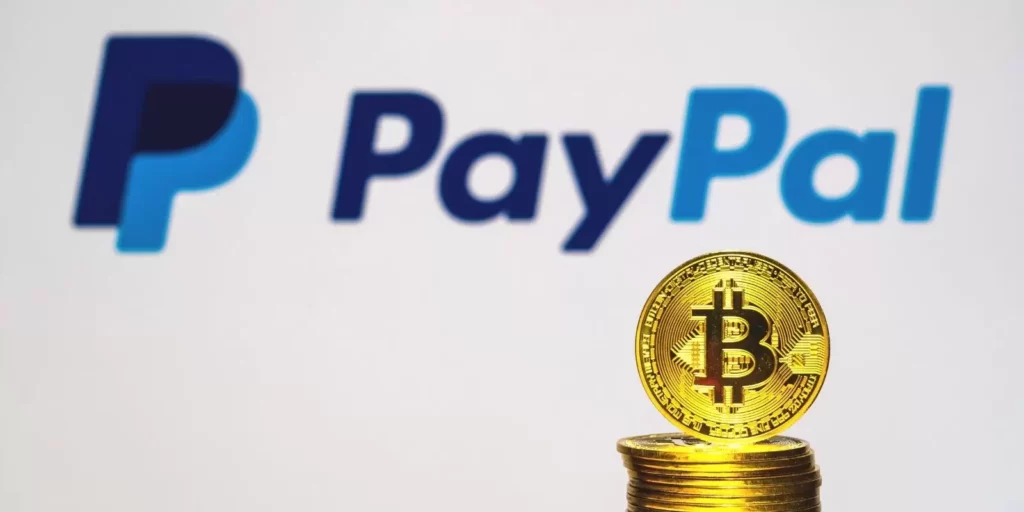The world of cryptocurrencies has been a hotbed of innovation and change, with digital assets continuing to reshape the financial landscape. However, the cryptocurrency industry faces a persistent challenge in the form of regulatory oversight and skepticism. Recently, PayPal’s foray into stablecoins has once again brought the regulatory spotlight onto the industry, specifically drawing the attention of the U.S. Securities and Exchange Commission (SEC). In this article, we will delve into the details of PayPal’s stablecoin efforts and the regulatory skepticism it has stirred, examining the potential implications for the broader crypto ecosystem.
PayPal’s Stablecoin Ambitions
PayPal, a global leader in online payments, has been steadily expanding its footprint in the cryptocurrency space. In a move to enhance its cryptocurrency offerings, the company has ventured into the world of stablecoins. Stablecoins are a category of cryptocurrencies designed to maintain a stable value, often pegged to traditional assets such as the U.S. dollar. PayPal’s involvement in the stablecoin market has included discussions about the development of its digital currency.
SEC’s Regulatory Scrutiny
The U.S. Securities and Exchange Commission (SEC), as the principal regulatory authority for securities in the United States, has been closely monitoring developments in the cryptocurrency industry. PayPal’s entry into the stablecoin arena has prompted the SEC to scrutinize the company’s activities. The regulatory concern revolves around whether PayPal’s stablecoin initiatives might fall under the purview of existing securities regulations.
Key Regulatory Concerns
- Classification: One of the primary concerns is how PayPal’s stablecoin will be classified by regulators. Depending on its characteristics and use, the stablecoin may be deemed a security, commodity, or currency. The classification could impact the regulatory requirements and oversight it falls under.
- Consumer Protection: The SEC is also concerned about consumer protection in the cryptocurrency space. Given PayPal’s extensive user base, ensuring the safety and security of customers who use their stablecoin is a top priority.
- Market Integrity: Regulatory bodies are keen to ensure the integrity of the financial markets. Any potential risks related to PayPal’s stablecoin, such as market manipulation or fraud, are being closely evaluated.
Implications for the Crypto Ecosystem
- Increased Regulatory Scrutiny: PayPal’s interaction with the SEC highlights the growing scrutiny of regulatory bodies in the cryptocurrency space. This may lead to a more comprehensive framework for regulating digital assets.
- Industry Standards: The outcome of the SEC’s review could contribute to the establishment of industry standards for stablecoins, potentially benefiting the broader cryptocurrency ecosystem.
- Innovation Impact: Regulatory skepticism can impact the pace and scope of innovation in the cryptocurrency industry. Striking a balance between innovation and consumer protection is a challenging endeavor.
Conclusion
PayPal’s entry into the stablecoin market has once again raised the flag of regulatory skepticism in the cryptocurrency realm. The involvement of a major player like PayPal is a significant development that highlights the need for clear regulations and oversight in the industry. As the SEC continues to evaluate these efforts, the outcomes may have a lasting impact on the broader crypto ecosystem, influencing how stablecoins and cryptocurrencies are regulated and perceived in the financial world. The relationship between regulators and the crypto industry remains a complex and evolving one, with implications for all stakeholders.
